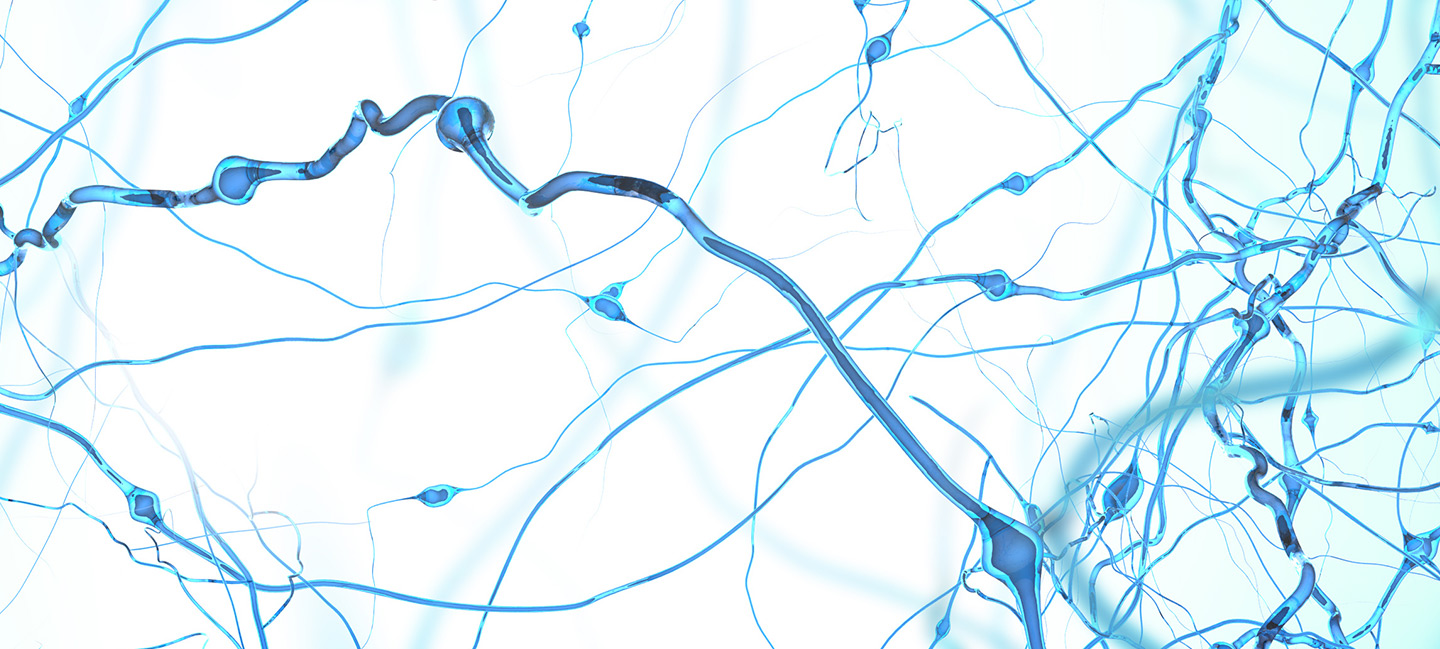New Studies Demonstrate Impact of Brain’s Immune Cells on Mood and Behavior
New Studies Demonstrate Impact of Brain’s Immune Cells on Mood and Behavior

Microglia, immune cells that reside in the brain and spinal cord, are a first-line defense against infection in the central nervous system. But the immune cells play more than a protective role—they also help shape developing neural circuits. Now, new animal research from NARSAD grantees at Ohio State University is demonstrating that microglia’s actions in the brain have significant impacts on behavior. The findings could help explain why changes in microglia activity have previously been linked to mood disorders such as major depression and anxiety disorders.
The new research shows that neural circuits sculpted by microglia early in life influence an animal’s social and mood-related behavior into adulthood. The researchers have also found evidence suggesting microglia are involved in modifying brain circuits during pregnancy, contributing to the emotional and cognitive changes experienced by new mothers.
In research published September 6 in the journal Behavioural Brain Research, NARSAD 2015 Young Investigator Kathryn M. Lenz, Ph.D., and Ohio State graduate student Lars Nelson investigated how microglia in the developing brain influence behavior later in life. They conducted their studies in rats, in which they were able to eliminate most microglia from the brain immediately after birth. The depleted microglia recovered to their usual numbers within about 10 days.The researchers assessed the rats’ behavior when they were about four weeks old (juveniles), and then again when they reached adulthood. They found that as juveniles, rats whose brains had lacked microglia early in life were less anxious, exploring open spaces more boldly than other animals. They also interacted with other rats differently -- chasing other rats less frequently -- than rats whose microglia levels had not been disturbed. As adults, rats that lacked microglia early in life continued to exhibit significantly less anxiety-like behavior, and also avoided interactions with other rats. In females, the hormonal response to acute stress was also reduced.
In research reported September 26 in the journal Brain, Behavior, and Immunity, Dr. Lenz, NARSAD 2008 Young Investigator Benedetta Leuner, Ph.D., and colleagues reported on changes in microglia that occur in the brains of female rats during and immediately after pregnancy. The researchers discovered that the numbers and density of microglia in several parts of the brain diminish significantly during this time. In particular, there was a reduction in microglia that have extended, branching shapes, which indicates the cells are searching for debris, dying cells, or pathogens to clear from the brain.
This shift in immune activity inside the brain could contribute to the neural changes that underlie positive maternal emotions and behavior, but may also make new mothers vulnerable to anxiety and depression, the scientists say.
“Microglia are important for normal behavioral development and dynamics during periods of brain and behavioral plasticity, including development and pregnancy/postpartum,” Dr. Lenz told BBRF. “I think the main implications of this work are that adverse perturbations that are known to impact microglia, including inflammation or stress, may dysregulate their normal function and potentially could be implicated in the emergence of psychiatric disorders.”


